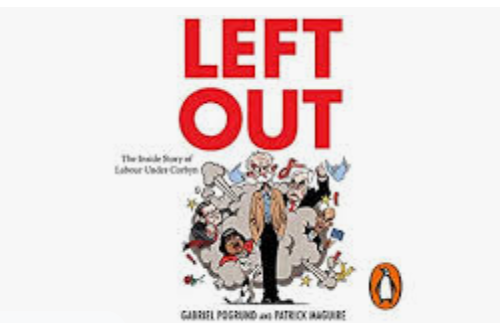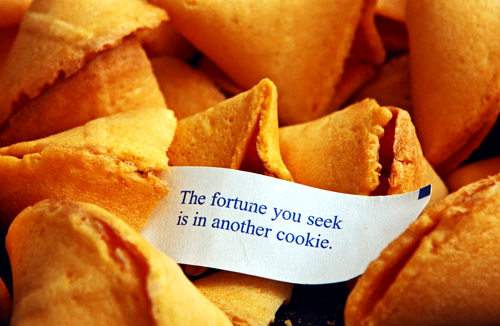Gilad Atzmon has been widely condemned as an antisemite. People who don’t agree with each other about much do at least agree about this. His critics include the CST, Hope not Hate, Andy Newman (from Socialist Unity), Richard Seymour (from Lenin’s Tomb) Tony Greenstein and many other pro-Palestinian/anti-Israel activists. Atzmon describes Jewish anti-zionists who want to distance themselves from his views as ‘Sayanim’, or secret agents of Israel. Non-Jewish antizionists who demonstrate any kind of concern about antisemitism are also targeted. Here’s the strapline for one of his most recent pieces:
One would expect that after his recent failed attack on myself and my work, Kosher Commissar Ali Abuminah [runs Electronic Intifada], would think twice before he allies himself with the darkest Zionist and Israeli Hasbara forces around.
Earlier today Atzmon was interviewed by Julian Woricker on the World Service’s Weekend programme (from 30:17) as part of a feature about the recent documentary film Gilad and All That Jazz. In the introduction he was described as ‘acclaimed and controversial’; Woricker went on to explain that his ‘political criticism of Zionism and the Israeli state has made him many enemies’. Given the way the word Zionism is so often used as though it was synonymous with the most hardline Israeli policies (when not just used as shorthand for being extremely evil) it might have taken the casual listener some time to realize that Atzmon is no Marc Goldberg.
At no time did anyone on the programme raise any serious criticisms of the musician’s views. We heard the film’s director, Golriz Kolahi, invoke jazz’s role in the black civil rights movement as though that cause was comparable with Atzmon’s agenda. She described the way his music ‘raise[s] a voice for the Palestinians’, again misleading the listener as to the real nature of Atzmon’s views.
Then we heard Atzmon explain how he was ‘subjected to a continuous scrutiny’ and was at the ‘receiving end of a lot of fury and anger’. He was clearly pretty pleased with himself, and spoke with pride of being perceived by some as the ‘ultimate threat’. He was quite up front about his opposition to all ‘Jewish politics’, repeating his assertion that Zionism and Jewish anti-zionism are similar because gentiles are excluded from Jewish anti-zionist organisations.
What was really unpleasant about this interview, and the conversation with other guests which followed, was the apparent complete unconcern felt about Atzmon’s foul views. Woricker claimed to have read a good deal about him, but seemed unperturbed by what he had learnt; he made approving noises when Atzmon claimed that no one could say he had got his facts wrong, and expressed apparent incredulous disbelief at the thought anyone could think his guest a racist or antisemite.
The feature was meant to feed into a wider debate about the relationship between music and politics. I have written previously about my own view that they go together very well, and that we should not censor musicians from expressing their political views, including pro-Palestinian musicians of course. But Atzmon’s views go beyond simple support for the Palestinian cause, and it was appalling that he should not simply go unchallenged, but be feted and fawned over on the BBC.
Hat tip: Adam Holland


